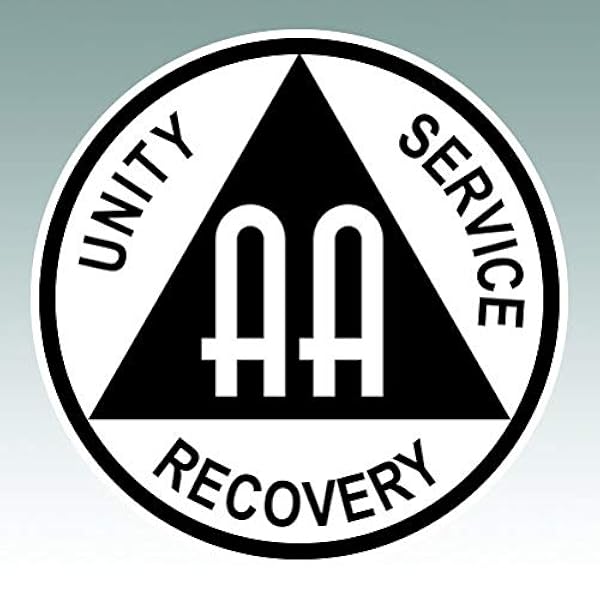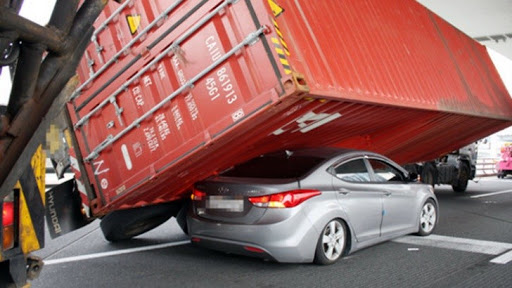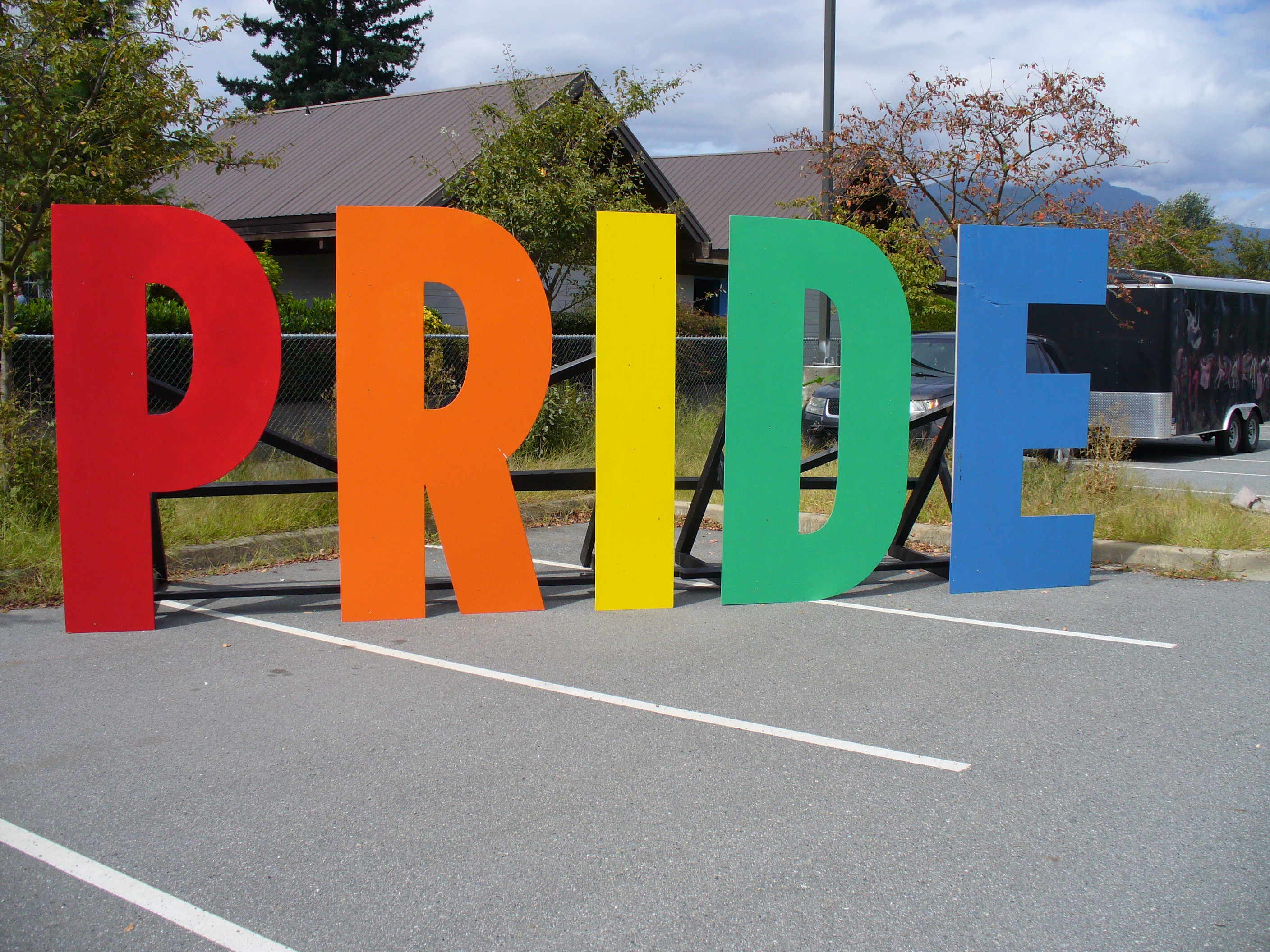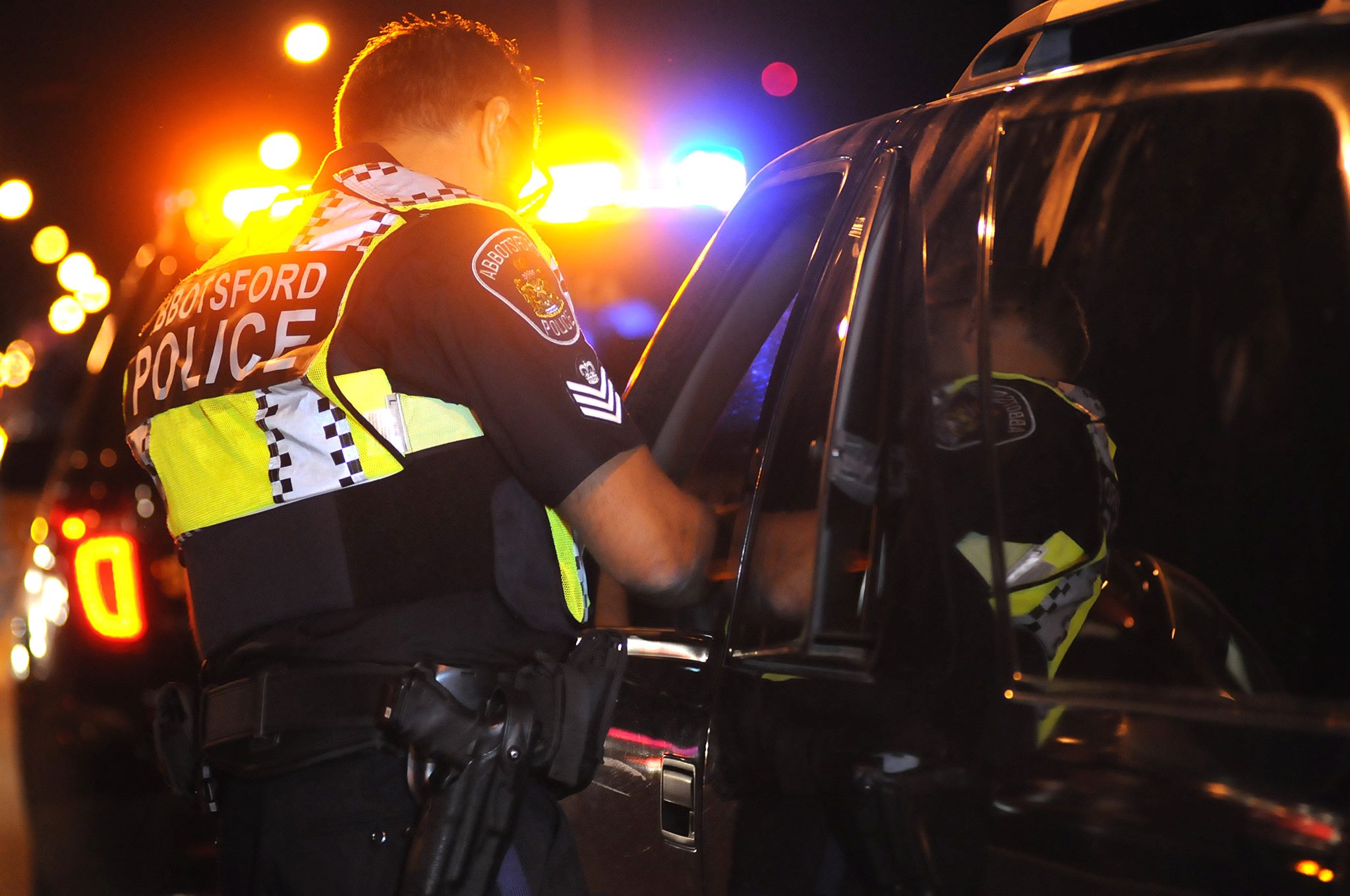Responding to an emergency can sometimes be a significant challenge. One call I was involved with had us trying to find a three vehicle pileup in the northbound lanes of a major rural highway near where there had been a recent fire in the median. There was no indication of how bad any injuries were, but since the highway is posted at 110 km/h someone is probably hurt so police, fire and ambulance were all dispatched.
Things went downhill from there. The incident was nowhere near the place where the last grass fire in the median occurred.
How you call #911 to report a crash can make a big difference if you stop for a moment and relay a bit of information. https://t.co/9oJpnrD7ja pic.twitter.com/aziWG36LUu
— DriveSmartBC (@DriveSmartBC) October 18, 2020
When we did locate it, it was in the southbound lanes. One car had gone off the road and two others had stopped to give assistance. No one was hurt, damage was minimal and all that needed to be called was a tow truck.
Multiple emergency services were stood down. Thank goodness no one else needed them in the meantime and they were not involved in a crash themselves during the emergency run to get to the scene.
Cellular phones are wonderful inventions. Enhanced 911 will give dispatchers some idea where you are calling from but that accuracy depends on how close together the cell towers are. In rural areas, this could mean that they are far apart and location data is not as precise.
Old cellphones without an account, or even a SIM card, may still be able to dial 911. If you are using one to call for help it may not provide location data that is as precise as a cell phone with a current account will be.
If you dial an emergency number other than 911, the call will not report any location data.
Your smartphone will allow you to determine your location’s GPS co-ordinates. These can be passed directly to the dispatcher to pinpoint the problem. Know how to find them on your phone before the emergency occurs!
Now that you have the cavalry coming, how much of it is actually needed?
Taking two minutes to stop and inquire about the state of affairs at this scene is not a major inconvenience for you and makes all the difference for the victims and emergency services. Dispatch can send only what is needed, or decide properly that this is going to be a disaster that needs a full turnout of everything available.
How many people are hurt and how badly? How many vehicles are involved and what kind are they? Is the road blocked? Which side of the divided highway is the collision on? Being able to answer these simple questions can tailor the speed and quantity of the response to only what is really needed.
Sometimes the most valuable piece of information can be the licence plate number of the vehicles involved, especially in the case of an abandoned vehicle that has not been marked with crime scene or fire line tape to show it has already been investigated.
Don’t stop reporting incidents like this. However, please do it intelligently.
Story URL: https://www.drivesmartbc.ca/collisions/stop-look-listen-then-report
—
Constable Tim Schewe (Retired)
DriveSmartBC: Where better than average road users satisfy their curiosity.






